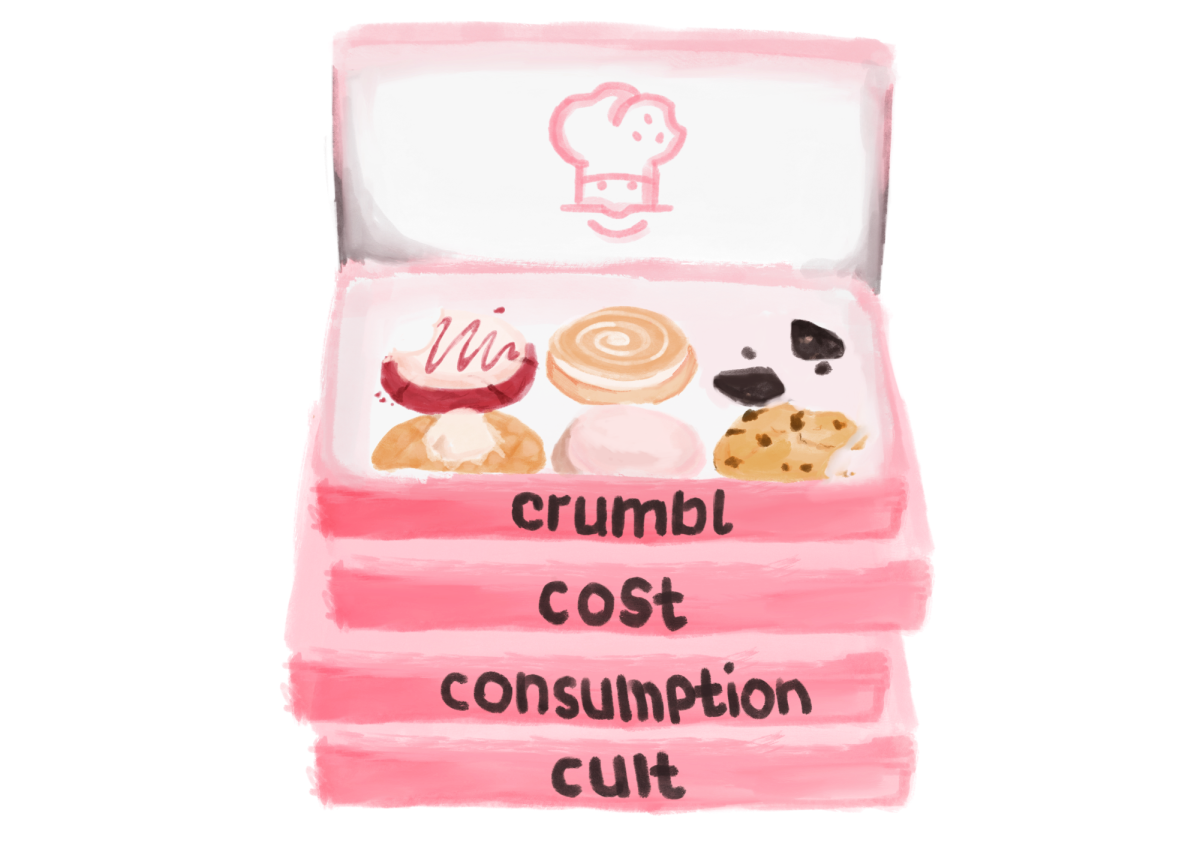The Reality About Waste
April 10, 2020
Whenever people talk about energy crises and food shortages, the “solution” always seems to be that we have to produce more, in a rather Malthusian manner. But in reality, the problem lies not in how much we produce but in how we use what we produce. The problem is waste.
The first big waste problem is food waste. About 40% of all food produced worldwide goes wasted–about 1.3 billion tons. This waste may be due to several factors. First, many food products are carefully measured and portioned to be more than the average person can eat before it expires. This allows the company to package the food to charge more for each product because they’re technically providing more product. Second, many people in the developed world have a perception of grocery stores as infinite reservoirs of food, not a limited, although large, supply of precious nutrition. The problem of food waste comes not only from consumers–retailers contribute as well. Grocery stores throw out enormous quantities of unsold food every day, which could instead go to feed those in need. If that food didn’t go uneaten, it could theoretically resolve hunger and malnutrition all around the world.
While food waste is a pretty well-known problem, energy waste is less well known. In the United States in 2018, we produced a total of 101.2 quadrillion BTUs of energy (BTU = British Thermal Unit, the amount of energy to heat a gallon of water one degree). That includes imported natural gas, petroleum, and other sources of fuel. However, only 32.7 quadrillion BTUs of those 101.2 were actually used. Residential use only wasted around 7 Quads, so what happened to the remaining energy, almost twice the United States’ current energy consumption? There are two main problems: the generation of electricity and transportation. The process of generating electricity with natural gas and other fossil fuels is not only bad for the environment, but it’s also horribly inefficient, leading to incredible amounts of wasted energy. Furthermore, the average petroleum-driven vehicle is only 25% fuel efficient, leading to tremendous losses due to the nature of traditional combustion engines. While electric cars will still require the same energy to make the wheels turn, they use the energy they are given more efficiently than traditional gas vehicles.
The root of shortages is not a lack of resources, but poor and wasteful use of the resources we do have. We are simply inefficient with our resources. Natural gas and other fossil fuels are incredibly wasteful, and our lack of regard for “extra” food leads to tremendous food waste. However, if we could keep better track of not wasting what we have, we would actually have much more. While “efficiency” may sound like less, if done correctly, it will mean more.


































